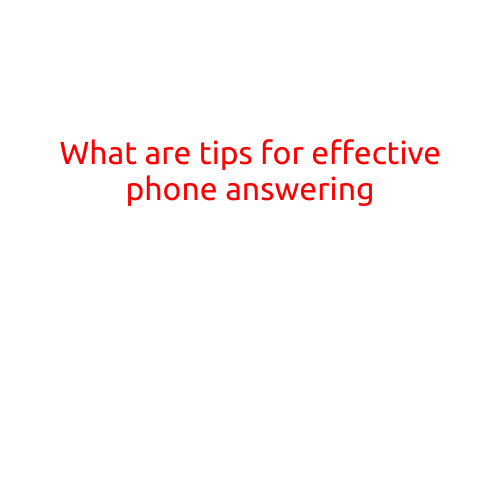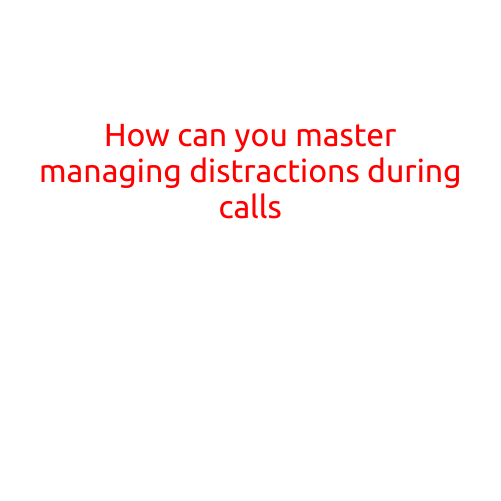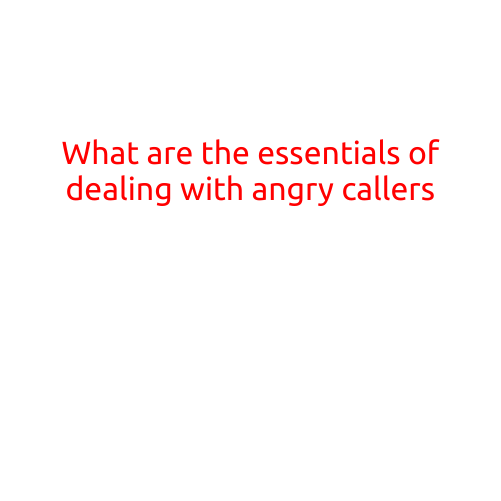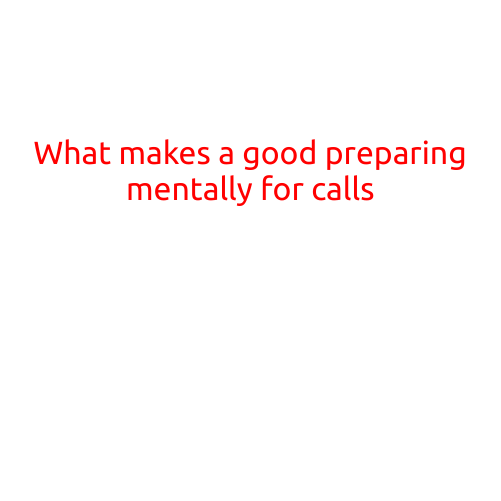
What are Tips for Effective Phone Answering?
Answering phone calls is a crucial aspect of any business or professional environment. Whether you’re a sales representative, a customer service agent, or an executive, the way you answer phone calls can make a significant impact on your interactions and ultimately, your career. In this article, we’ll explore the tips for effective phone answering that can help you excel in your professional endeavors.
Tip 1: Be Ready to Answer
Before answering the phone, ensure that you’re ready to engage with the caller. Put away any distractions, such as your phone or email, and take a moment to collect your thoughts. This will help you focus and respond professionally.
Tip 2: Use a Standard Greeting
Use a standard greeting that includes your name and role. For example, “Hello, this is [Your Name], [Your Title] at [Your Company].” This sets the tone for a professional conversation and ensures that the caller knows who they’re speaking with.
Tip 3: Smile and Use a Friendly Tone
Your tone and voice can make a significant impact on how you come across to the caller. Smile when you answer the phone, and use a friendly and approachable tone to create a positive atmosphere.
Tip 4: Use the Caller’s Name
When you answer the phone, try to find out the caller’s name, if it’s not already provided. Use their name during the conversation to personalize the interaction and build rapport.
Tip 5: Pay Attention to Your Body Language
While the caller can’t see your body language, your tone and pace of speech can still convey how you’re feeling. Maintain good posture, keep your voice steady, and avoid fiddling with objects or crossing your arms, which can give the impression that you’re not interested or engaged.
Tip 6: Keep It Brief
When answering the phone, aim to keep your initial greeting brief and to the point. Aim for a few seconds to 30 seconds at the most. This allows you to establish the connection and set the tone without overwhelming the caller.
Tip 7: Ask Open-Ended Questions
When engaging with the caller, ask open-ended questions that encourage them to share more information. This helps to build trust, increases the chances of resolving the issue, and provides valuable insights for your business.
Tip 8: Take Notes
Take notes during the conversation to ensure you remember important details and to refer back to them if needed. This shows that you value the caller’s time and are committed to resolving their issue.
Tip 9: Stay Calm Under Pressure
As a phone agent, you’ll inevitably encounter frustrated or irate callers. Stay calm and composed, even in the face of adversity. Avoid taking their anger personally and focus on resolving the issue to the best of your ability.
Tip 10: Follow Up
After the call, ensure that you follow up on any commitments or actions you promised to take. This helps to build trust and ensures that the caller feels valued and respected.
Conclusion
Effective phone answering requires a combination of skills, including professionalism, attention to detail, and excellent communication. By following these simple tips, you can improve your phone answering skills, build strong relationships with customers, and achieve greater success in your professional endeavors. Remember to always be ready to answer, use a standard greeting, smile, and pay attention to your body language. Keep it brief, ask open-ended questions, take notes, stay calm under pressure, and follow up to ensure a positive and productive phone answering experience.





